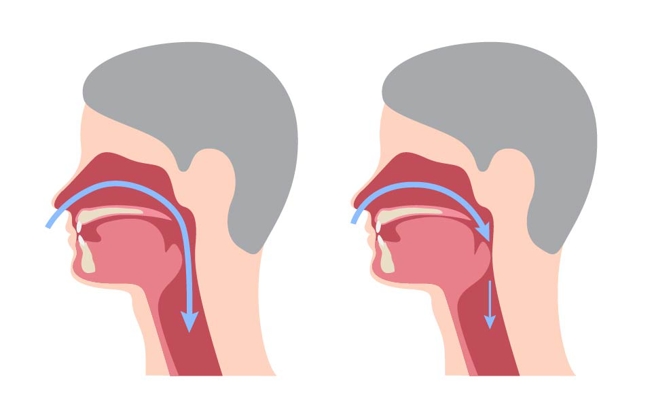The Hidden Symptoms of Ovarian Cancer
- Category: Cancer, Oncology, Parrish Cancer Center
- Posted On:
- Written By: Parrish Healthcare

According to the American Cancer Society, approximately 22,530 women will be diagnosed with ovarian cancer in 2019. Although ovarian cancer typically develops in women aged 63 or over, women of every age should know the symptoms, risk factors, and prevention methods to increase their chances of survival. Here’s what you should know.
Early Warning Signs and Symptoms
There are no screening tests to detect ovarian cancer, and some symptoms could be mistaken for common female problems such as bloating and back pain. Listening to your body is essential. Here are some hidden symptoms and early-stage warning signs of ovarian cancer:
- Abdominal swelling or bloating
- Feeling full quicker than usual when eating
- Unexplained weight loss
- Pelvic area discomfort
- Constipation, diarrhea or any other changes in bowel habits
- Frequent urination
Risk Factors
Risk factors of ovarian cancer may include the following:
- Genetics: BRCA1 and BRCA2 - these genes are linked to both ovarian and breast cancer. Contact your doctor to learn more about how to get testing for these hereditary genes.
- Age: Risk increases with age, and most ovarian cancers develop after menopause Typically, ovarian cancer is diagnosed in women 63 and over.
- Obesity: Being overweight is a factor in increasing the risk of developing many cancers, including ovarian cancer.
- Having children later: Women who have children over the age of 35 could increase their chances of developing ovarian cancer.
- Family history: Family members who have had ovarian, colorectal, and breast cancers can contribute to an increased risk.
Prevention Methods
There is no surefire way to prevent ovarian cancer. However, the following has been associated with a lower chance of being diagnosed with ovarian cancer:
- Using birth control for 5 years or more
- Tubal ligation (tubes tied)
- Giving birth
- Hysterectomy
- Breastfeeding
The above is not recommended as a prevention method for everyone. If you are concerned about your risk of getting ovarian cancer, it’s critical to speak to your physician.
When to Contact Your Doctor
Early detection saves lives. Although having any of the above symptoms does not mean you have ovarian cancer. If you are experiencing any changes or symptoms, speak to your doctor as soon as possible.
For more information about how we can assist you or a loved one with care and treatment for ovarian cancer, contact The Parrish Cancer Center today at 321-529-6202. Our caring oncologists are here to guide you every step of the way.



